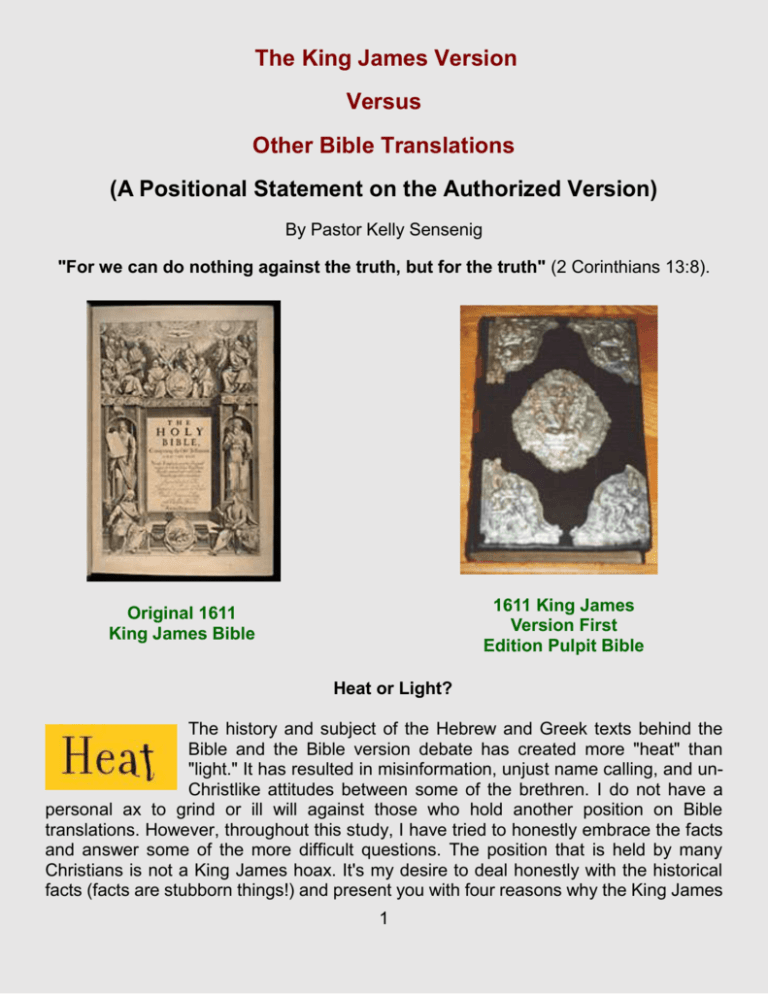
Are you telling us that today, in 2015, there are unpublished fragments of the Dead Sea Scrolls, after all these years? You’re talking about publishing fragments. They’ve come to the market say, in 1990, in 2000, and these particular fragments will be published in the year 2016. Nehemia: But even those are important in studying the Dead Sea Scrolls.Įmanuel: They are important, as all fragments are important. I have a small team of people who for the Green Scholars Initiative published 13 small fragments, really small - 2, 3, 4, 5, 6 lines.

I edit the Dead Sea Scroll fragments, some of them personally, but mostly I oversee the work of others. Nehemia: Tell us about some of the things that you’re doing today.Įmanuel: Well, today I’m retired, and I’m in a very special position, because even though I’m retired I still do teach, and basically I continue working and I’m still involved in several projects. You make me very humble when I listen to you mentioning these achievements. I’m very honored to be here with you and talk today about the text of the Bible.Įmanuel: It’s a pleasure, Nehemia, to be with you again.Įmanuel: After some time. He’s a senior scholar in the Green Scholars Initiative.
#Original aramaic bible in plain english mp3 download series
He’s presently the co-director of a series called the Textural History of the Bible, it’s like a 2,000-page encyclopedia. That is just a small number of the things that he’s done. He’s the co-director of the Computer Assisted Tools for the Septuagint Studies, the co-director for many years of the Hebrew University Bible Project. I was his humble student and assistant, and I’m very proud of that. My small connection to the Dead Sea Scrolls was as Emanuel Tov’s assistant many years ago. He was the editor-in-chief of the Dead Sea Scrolls publication project beginning in 1990. I was looking at his CV, his list of accomplishments, and it’s unbelievable! He’s worked in the past on something like 26 projects, each one of those any scholar around the world would be extremely proud to lay claim to.

In fact, he wrote the book called Textural Criticism of the Hebrew Bible, which is a textbook of universities around the world, when people study textual criticism of the Hebrew Bible, of what Christians call The Old Testament. Nehemia: Shalom, this is Nehemia Gordon with Hebrew Voices, and I am here at the Hebrew University of Jerusalem with Professor Emanuel Tov, who in my humble opinion is the foremost scholar in the world in the field of the Dead Sea Scrolls and what’s called “textual criticism”. Thank you for supporting Nehemia Gordon's Makor Hebrew Foundation.

You are listening to Hebrew Voices with Nehemia Gordon. Hebrew Voices #15 - The Bible of the Dead Sea Scrolls (Rebroadcast)


 0 kommentar(er)
0 kommentar(er)
